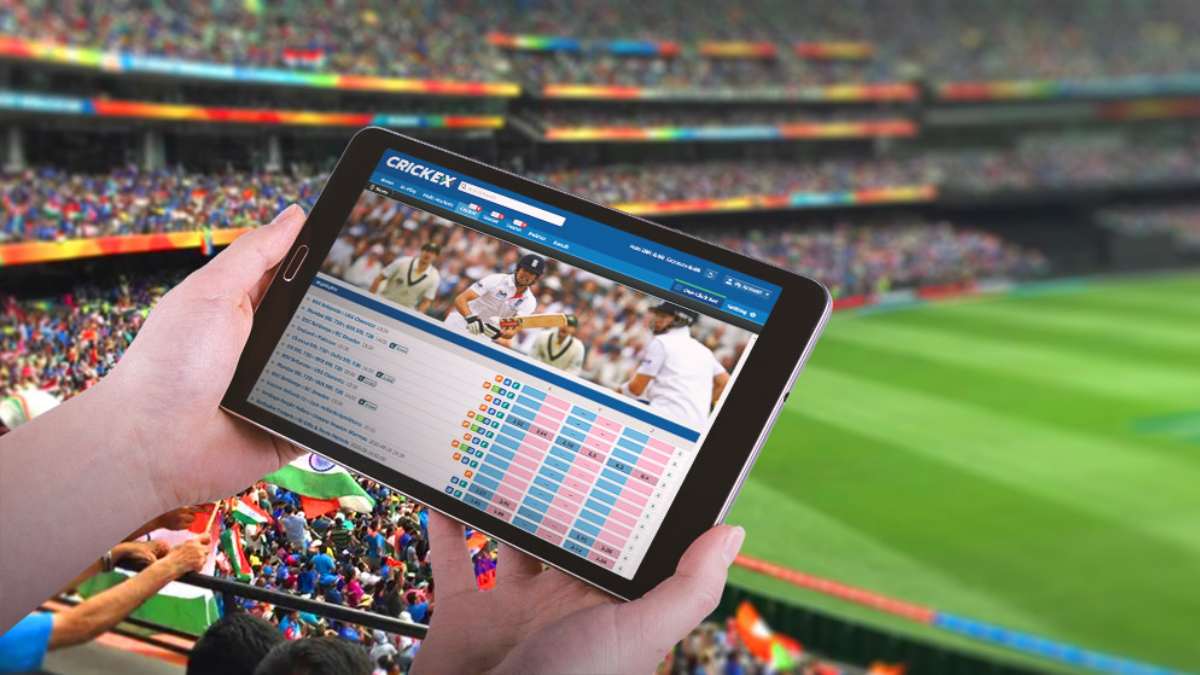Betting is a widely popular pastime that has fascinated humanity for centuries. The allure of potentially winning big, the thrill of competition, and the social aspects of betting all contribute to its enduring appeal. But have you ever stopped to consider the psychology behind that little piece of paper, the betting slip? It represents far more than just a wager; it encapsulates a rollercoaster of emotions, from anticipation to euphoria. In this blog, we will delve into the psychology of betting slips and explore the emotions and cognitive processes that come into play during the journey from placing a bet to awaiting the results sbobet88.
Anticipation: The First Step
The process of betting begins with anticipation, a powerful emotion that triggers the release of dopamine in the brain. As we contemplate the possibilities and weigh our options, our minds are flooded with excitement. Whether it’s a horse race, a football match, or any other event, the prospect of winning triggers a sense of hope and optimism.
The betting slip becomes a tangible manifestation of this anticipation. It represents our faith in the outcome we have chosen and the potential financial reward. This small piece of paper, or digital equivalent, is a vessel for our hopes and dreams, and as we place our bets, we’re already mentally spending our potential winnings.
The Thrill of Risk: Anxiety and Excitement
Once the bet is placed, a new set of emotions takes hold. Anxiety and excitement often go hand in hand as we watch the event unfold. The idea of winning may be thrilling, but the fear of losing is equally potent. This blend of emotions is what makes betting so exhilarating.
Our brains release adrenaline during this phase, which can result in heightened focus and a state of ‘flow.’ We become engrossed in the event, our senses sharpened as we eagerly watch the outcome. The betting slip is a constant reminder of our investment, and it keeps us engaged throughout the event, further intensifying our emotions.
Near Misses and Cognitive Biases
Near misses are a common occurrence in betting, and they can have a profound impact on our psychology. When our chosen outcome narrowly misses, it triggers a unique set of cognitive biases that keep us hooked. The “almost winning” scenario tricks our brain into thinking that a win is just around the corner. This cognitive distortion is what keeps many people coming back to bet even after repeated losses.
The Betting Slip as a Source of Hope
The betting slip, despite being a simple piece of paper, plays a pivotal role in sustaining this hope. It acts as a physical reminder of our wager, offering a sense of tangible connection to our chosen outcome. Even in the face of adversity, the betting slip is a token of optimism. It’s the symbolic representation of the belief that things could still turn around in our favor.
Euphoria or Despair: The Moment of Truth
As the event concludes and the results are revealed, bettors experience a rush of emotions. Whether it’s euphoria from a win or despair from a loss, these emotions are intense and can linger for hours or even days. The betting slip now serves as a reflection of our emotions, either a triumphant trophy or a painful reminder.
Euphoria can be particularly intense, as winning triggers the release of endorphins, creating a sense of elation. The betting slip becomes a cherished memento of this triumph, a souvenir of the happiness and success achieved.
The psychology of betting slips is a fascinating journey from anticipation to euphoria. The small piece of paper or digital record represents not just a financial wager but a rollercoaster of emotions. Anticipation, excitement, anxiety, and hope all culminate in the final moment of truth, where we experience either the thrill of victory or the agony of defeat.
Understanding this psychology can help bettors approach their wagers with more mindfulness and self-awareness. It’s essential to recognize the emotions at play and ensure that betting remains a form of entertainment rather than a harmful addiction. The betting slip, in all its simplicity, encapsulates the entire emotional spectrum of the betting experience.
